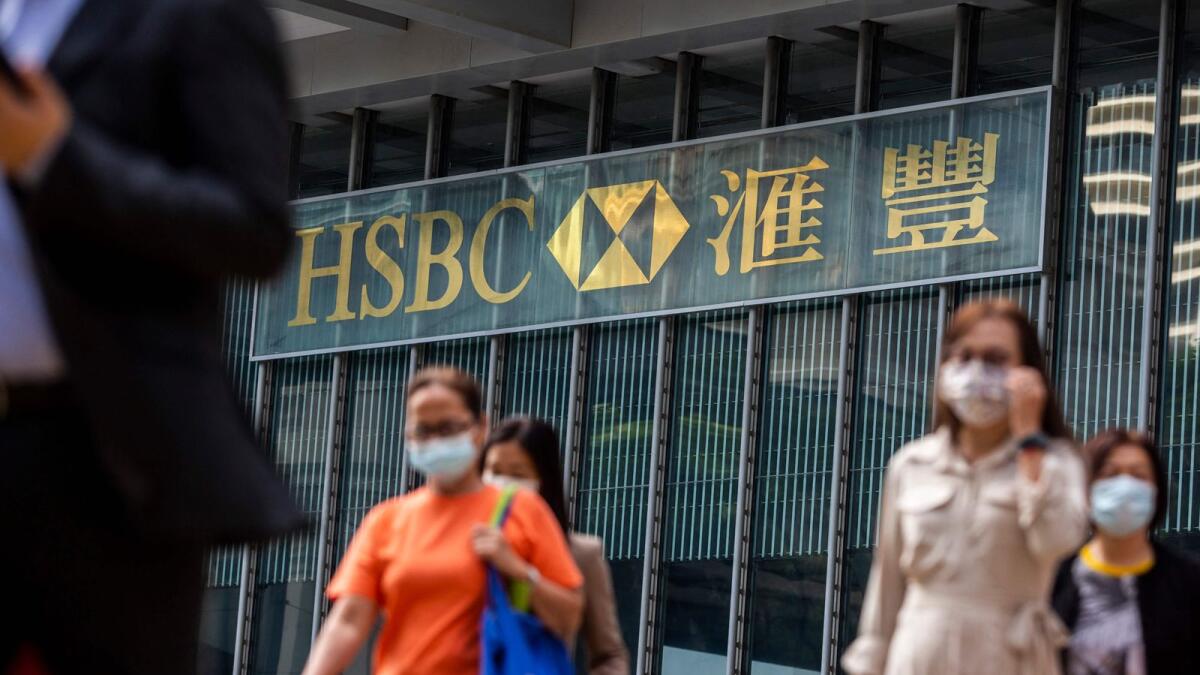HSBC Holdings, one of the largest banks in Europe, announced a $3 billion share buyback and improved its income outlook. The bank demonstrated progress in insulating its business from global interest rate cuts that could impact lending revenue. This news caused HSBC’s shares to rise four per cent in London, as investors responded positively to the stable first-half profit growth, gains in wealth management income, and reduced losses in Chinese real estate.
The bank set a new target for its return on average tangible equity, aiming to reach the mid-teens by 2025. This ambitious goal matches its estimate for 2024 and reflects its commitment to financial growth and stability. HSBC’s successful reduction in sensitivity to interest rates, through a structural hedge insurance strategy, has positioned it well to weather potential rate cuts in the future. This strategy has proven effective, as a potential revenue impact from interest rate changes has significantly decreased to $2.7 billion by June 2022.
Investors and analysts have shown confidence in HSBC’s performance, with one portfolio manager praising the bank as a high-quality lender with growth potential and attractive shareholder distributions. The bank’s new return target and earnings that exceeded market expectations have instilled further confidence in its future prospects. Additionally, HSBC plans to pay an interim dividend of 10 cents a share, following the 31 cents announced last quarter, with a $3 billion share buyback accompanying this shareholder distribution.
In the first half of the year, HSBC reported a slight decline in pretax profit but still exceeded broker estimates. The bank also observed encouraging growth in international customer numbers and new account openings in key markets like Hong Kong. Furthermore, signs of relief were seen in its exposure to a slowing Chinese economy and property sector, as the bank reduced its lending portfolio to China’s real estate sector. HSBC remains cautious but optimistic about any potential expected credit losses in the future.
The bank’s wealth revenue increased significantly in the first half of the year, driven by enhanced private banking income and asset management activities. Revenue growth was also evident in its Global Banking and Markets investment banking unit, aligning with trends seen in the industry. HSBC upgraded its net interest income forecast for 2024, demonstrating its strong performance and outlook for the future. The appointment of a new interim group chief financial officer further reflects the bank’s commitment to sound financial management and leadership continuity.
Overall, HSBC’s recent financial results and strategic initiatives showcase its resilience and adaptability in a dynamic global banking environment. With a focus on reducing sensitivity to external factors, expanding its wealth management services, and maintaining strong financial performance, the bank is well-positioned for continued success in the coming years. Investors and analysts alike are optimistic about HSBC’s growth potential and shareholder value, making it an attractive investment opportunity in the banking sector.





















